Disposable plastic utensils have become an integral part of our modern convenience culture. However, their widespread usage and subsequent environmental impact raise concerns that demand immediate attention. In this article, we will examine the issues surrounding disposable plastic utensils and explore sustainable alternatives. 1. The Environmental Toll: Disposable plastic utensils contribute significantly to the global plastic waste crisis. With an estimated 40 billion plastic utensils used in the United States each year, the environmental consequences are undeniable. These items are typically used for mere minutes but can take centuries to decompose, leading to pollution of landfills, water bodies, and oceans. 2. Health Concerns: Aside from their environmental drawbacks, disposable plastic utensils also pose health risks. The production process involves the use of harmful chemicals, such as bisphenol A (BPA) and phthalates, which can leach into the food consumed. Studies have linked these chemicals to various health issues, including hormonal disruptions and increased cancer risk.
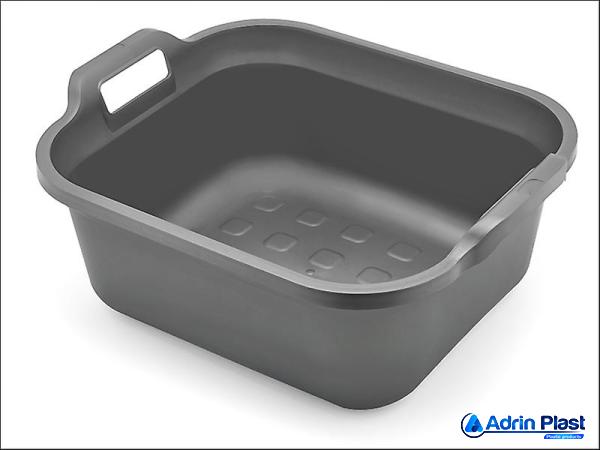
.
 3. Public Awareness and Consumer Preferences: In recent years, public awareness of the detrimental effects of disposable plastic has grown significantly. Consequently, consumers are gradually leaning towards eco-friendly alternatives, resulting in an increased demand for sustainable options. This shift suggests a substantial market potential for businesses that embrace environmentally conscious practices. 4. Sustainable Alternatives: Several eco-friendly alternatives to disposable plastic utensils have emerged, providing businesses with an opportunity to make a positive impact. Here are a few sustainable choices: a. Reusable Utensils: Encouraging customers to use their own reusable utensils can significantly reduce waste. Businesses can offer incentives, such as discounts or loyalty programs, to promote the use of personal cutlery. b. Biodegradable and Compostable Utensils: Composed of organic materials like bamboo, paper, or plant-based plastics, these utensils are designed to break down naturally, reducing environmental harm and landfills.
3. Public Awareness and Consumer Preferences: In recent years, public awareness of the detrimental effects of disposable plastic has grown significantly. Consequently, consumers are gradually leaning towards eco-friendly alternatives, resulting in an increased demand for sustainable options. This shift suggests a substantial market potential for businesses that embrace environmentally conscious practices. 4. Sustainable Alternatives: Several eco-friendly alternatives to disposable plastic utensils have emerged, providing businesses with an opportunity to make a positive impact. Here are a few sustainable choices: a. Reusable Utensils: Encouraging customers to use their own reusable utensils can significantly reduce waste. Businesses can offer incentives, such as discounts or loyalty programs, to promote the use of personal cutlery. b. Biodegradable and Compostable Utensils: Composed of organic materials like bamboo, paper, or plant-based plastics, these utensils are designed to break down naturally, reducing environmental harm and landfills.
..
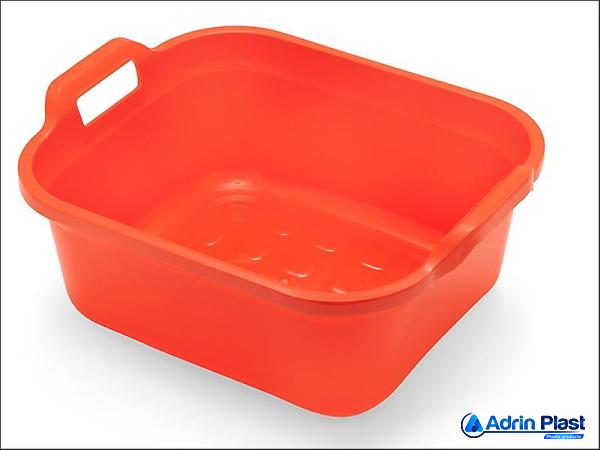 They provide a convenient and guilt-free solution for customers. c. Edible Utensils: Edible cutlery, typically made of wheat or rice flour, offers a novel and sustainable alternative. Not only do these utensils reduce waste, but they also add a unique and enjoyable dining experience. 5. Corporate Responsibility and Sustainability: Businesses should recognize their role in environmental conservation and incorporate sustainable practices. Implementing eco-friendly alternatives to disposable plastic utensils not only helps protect the environment but also enhances brand image while attracting a growing customer base whose values align with sustainability. Conclusion: Disposable plastic utensils have long been a symbol of our on-the-go lifestyle, but their detrimental impact on the environment and human health cannot be ignored. As awareness increases, businesses must adapt and seek sustainable alternatives. By embracing reusable, biodegradable, or edible utensils, companies can not only address the environmental crisis but also align with consumer preferences and contribute to a healthier, more sustainable future.Successful businesses are those that adapt to changes in consumer preferences and societal trends.
They provide a convenient and guilt-free solution for customers. c. Edible Utensils: Edible cutlery, typically made of wheat or rice flour, offers a novel and sustainable alternative. Not only do these utensils reduce waste, but they also add a unique and enjoyable dining experience. 5. Corporate Responsibility and Sustainability: Businesses should recognize their role in environmental conservation and incorporate sustainable practices. Implementing eco-friendly alternatives to disposable plastic utensils not only helps protect the environment but also enhances brand image while attracting a growing customer base whose values align with sustainability. Conclusion: Disposable plastic utensils have long been a symbol of our on-the-go lifestyle, but their detrimental impact on the environment and human health cannot be ignored. As awareness increases, businesses must adapt and seek sustainable alternatives. By embracing reusable, biodegradable, or edible utensils, companies can not only address the environmental crisis but also align with consumer preferences and contribute to a healthier, more sustainable future.Successful businesses are those that adapt to changes in consumer preferences and societal trends.
…
 With the rising awareness about the environmental damage caused by disposable plastic utensils, it is crucial for companies to evaluate their practices and implement sustainable solutions. One of the key steps towards sustainability is to invest in research and development to create biodegradable and compostable materials for utensils. These innovative alternatives, often made from renewable resources like bamboo, cornstarch, or sugarcane, offer a viable option to replace traditional plastic utensils. By using these materials, businesses can significantly reduce their carbon footprint and contribute to the global efforts in waste reduction. Moreover, businesses can collaborate with suppliers that prioritize sustainability and offer eco-friendly options. This will not only foster a more sustainable supply chain but also create a competitive advantage in a market where consumers are increasingly concerned about the environmental impact of their choices. In addition to promoting sustainable practices within their own operations, businesses can also educate consumers about the importance of making responsible choices when it comes to disposable utensils.
With the rising awareness about the environmental damage caused by disposable plastic utensils, it is crucial for companies to evaluate their practices and implement sustainable solutions. One of the key steps towards sustainability is to invest in research and development to create biodegradable and compostable materials for utensils. These innovative alternatives, often made from renewable resources like bamboo, cornstarch, or sugarcane, offer a viable option to replace traditional plastic utensils. By using these materials, businesses can significantly reduce their carbon footprint and contribute to the global efforts in waste reduction. Moreover, businesses can collaborate with suppliers that prioritize sustainability and offer eco-friendly options. This will not only foster a more sustainable supply chain but also create a competitive advantage in a market where consumers are increasingly concerned about the environmental impact of their choices. In addition to promoting sustainable practices within their own operations, businesses can also educate consumers about the importance of making responsible choices when it comes to disposable utensils.

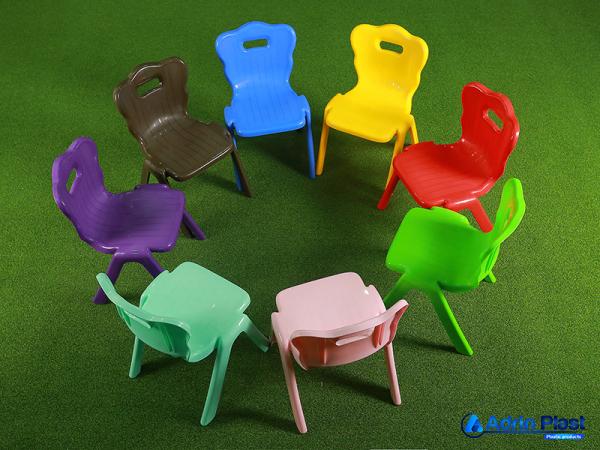
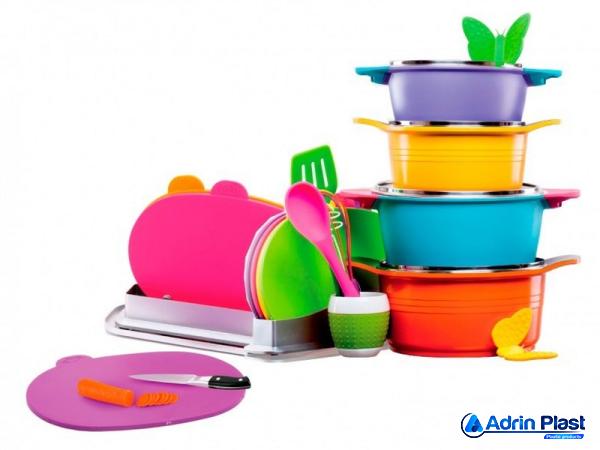
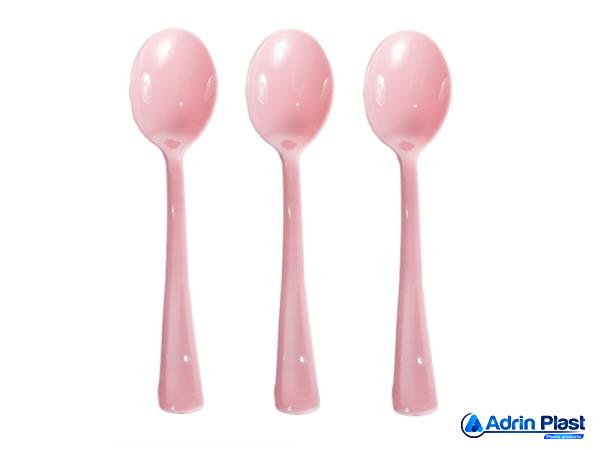

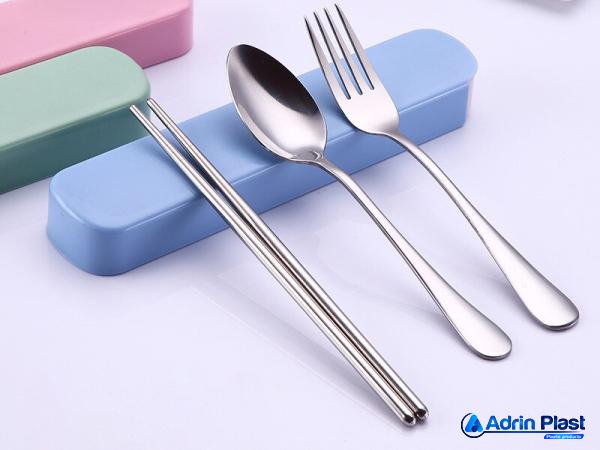


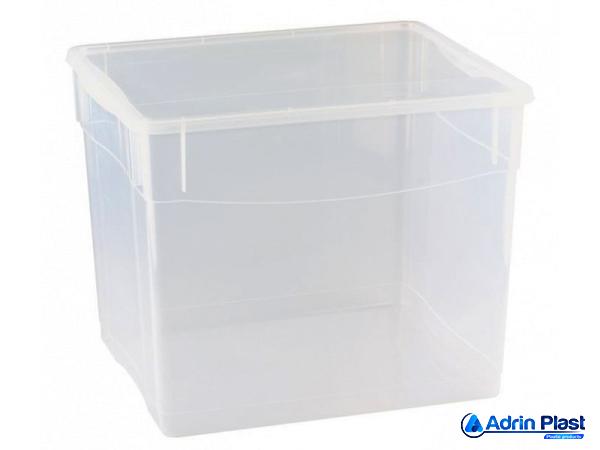

Your comment submitted.